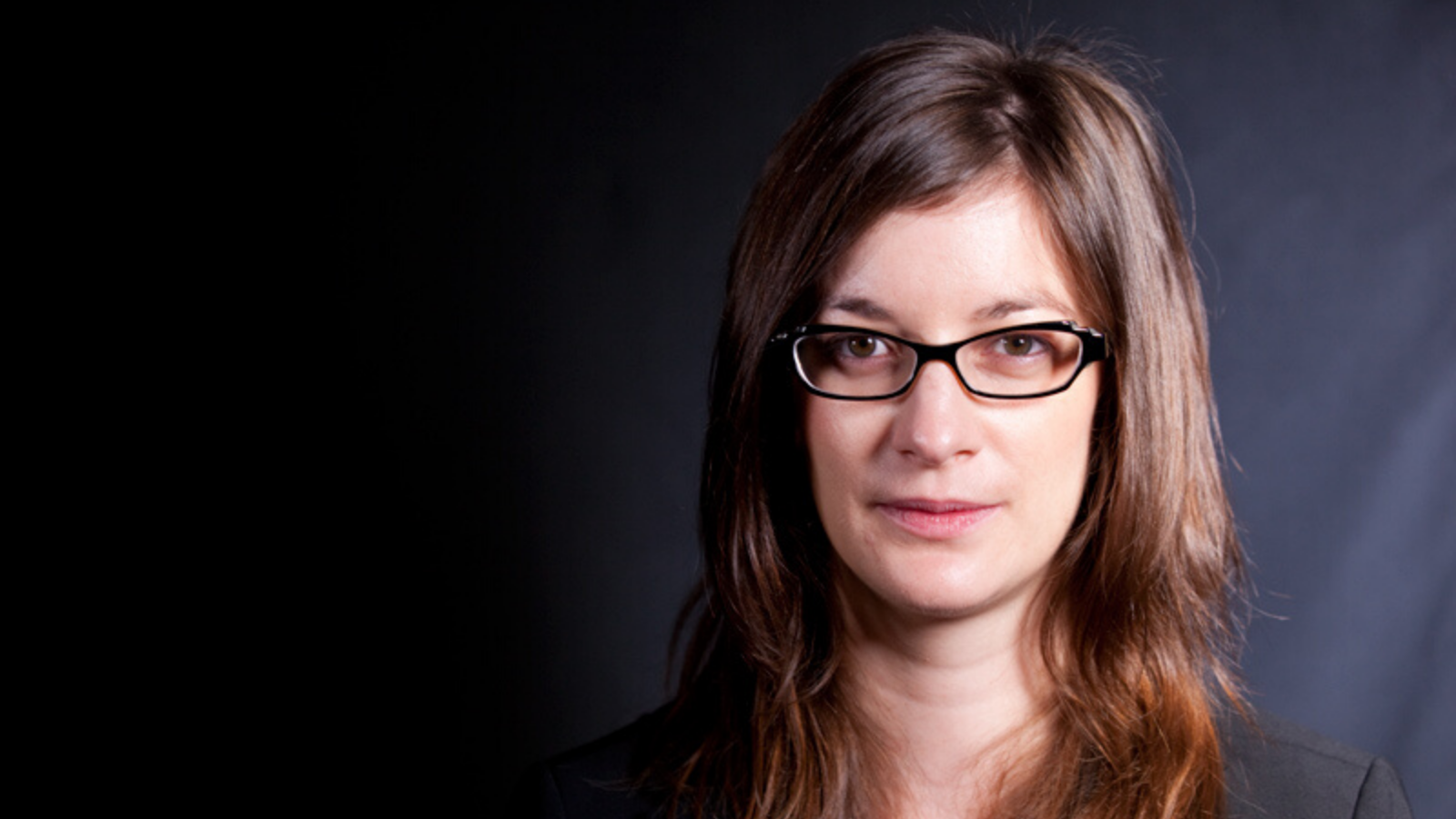
Criminology Professor and Head of the School of Social and Cultural Studies Professor Simon Mackenzie says, “The University was delighted to give our students the opportunity to be part of a global cohort of universities in the important field of human rights and climate justice investigation.”
Others in the network are the University of Hong Kong; the University of California, Berkeley; the University of Toronto; the University of Cambridge; the University of Essex; and the University of Pretoria.
Students are taught by Alison Cole (Ngāruahine, Ngāti Ruanui), who has a background in war crimes investigation for the United Nations and policy development for the Open Society Justice Initiative.
Ms Cole recalls in 2011 watching the Libyan conflict being livestreamed. “We had all this material on YouTube that was compelling evidence of war crimes, but we didn’t know if it could be admitted in court.
“I developed the course, which I also teach at Hong Kong University, because we needed tried and tested methods that could stand up in court. If you have a global network of collaborators that are using these techniques and testing them to make sure they’re reliable, applying academic scholarship to the techniques themselves, you are court-proofing them.”
Ms Cole approached the University’s Faculty of Humanities and Social Sciences because she found their climate change work inspiring. “In the criminology department there are world experts looking at international justice and looking increasingly to environment and climate change criminology.
“I found there was a good meeting of minds, and a real receptiveness to global partnerships,” she says.
The Trimester 3 course title is ‘Investigating Human Rights, International Crimes, and Ecocide: The Power of Citizens and Technology’, and during the two-week intensive period, the students do practical investigation using six projects analysing digital sources linked to alleged human rights violations.
University student Janielee Avia, who completed Ms Cole’s course, will run a community workshop with local partners at the University of the South Pacific (USP) with the United Nations in June.
“Janielee will be sharing the techniques for open source technology-based investigation, and she and I will do a needs assessment to see where people in New Zealand and the South Pacific need support in doing this type of citizen investigation, and what type of change they’re trying to achieve for human rights and for climate justice,” says Ms Cole
Students from the Trimester 3 cohort have formed their own group, Asia-Pacific Ji-Mai, alongside students from Hong Kong University to support human rights work throughout the South Pacific.
“The culture I’m seeing develop globally is a sense of empowered direct activism,” Ms Cole says.
“Direct connections with like-minded folks no matter where you are. The subject matter requires active learning, you have to use your logic and intuition. Students are coming out and continuing this active learning, empowered to get stuck in on these issues.
“This is the future of human rights justice and climate justice,” says Ms Cole
Ms Cole hopes to return to New Zealand each summer to teach this special topic, continuing to educate the next generation of human rights investigators.
